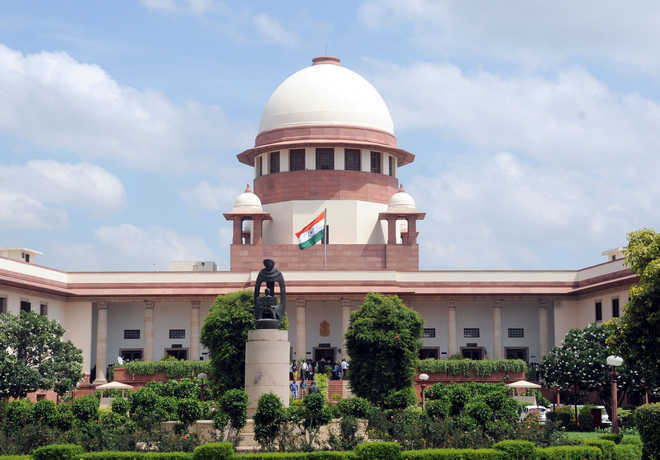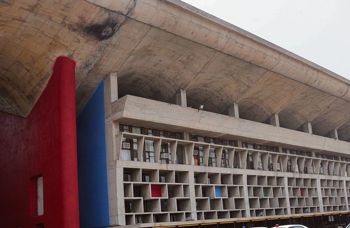
Five years after the Supreme Court recommended to Parliament to make a special law categorising lynching as a separate offence with severe punishment, mob lynching has been proposed to be made punishable with the death penalty under the Bharatiya Nyaya Sanhita Bill, 2023. - File photo
Satya Prakash
New Delhi, August 27
Five years after the Supreme Court recommended to Parliament to make a special law categorising lynching as a separate offence with severe punishment, mob lynching has been proposed to be made punishable with the death penalty under the Bharatiya Nyaya Sanhita Bill, 2023.
Bill referred to standing committee
- Introduced in the LS by Home Minister Amit Shah on August 11, Bharatiya Nyaya Sanhita Bill seeks to repeal & replace the IPC
- It has been referred to the Standing Committee on Home Affairs for wider scrutiny and suggestions
Introduced in the Lok Sabha by Union Home Minister Amit Shah on August 11, the Bill seeks to repeal and replace the Indian Penal Code. It has been referred to the department-related Standing Committee on Home Affairs for wider scrutiny and suggestions.
Clause 101 of the Bill prescribes the death penalty as the maximum punishment for murder. Clause 101(2) of the Bill says, “When a group of five or more persons, acting in concert, commits murder on the grounds of race, caste or community, sex, place of birth, language, personal belief or any other grounds, each member of such group shall be punished with death or with imprisonment for life or imprisonment for a term which shall not be less than seven years, and shall also be liable to fine.”
It means when a murder is committed by a group of five or more persons and it is done on the grounds of race, caste or community, sex, place of birth, language, personal belief or any other grounds, each individual in that group will face the death penalty or life imprisonment or a prison term of seven years or more.
The SC on July 17, 2018, asked Parliament to consider enacting a new law to effectively deal with incidents of mob lynching, saying “horrendous acts of mobocracy” could not be allowed to become a new norm.
Join Whatsapp Channel of The Tribune for latest updates.




























